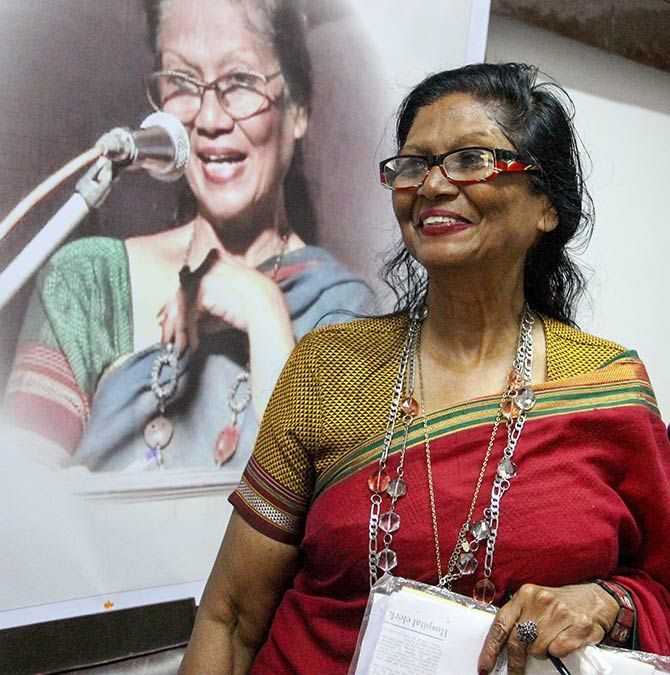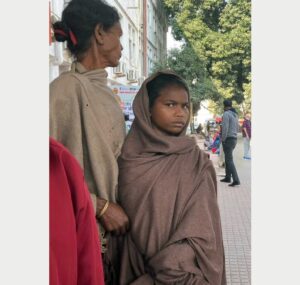
Right to life is not mere animal existence: The landmark verdict of the Olga Tellis case, 10 July 1985

This essay is part of a series by Prof V. Krishna Ananth where he recalls the events that determined the course of politics in post-colonial India, sometimes reinforcing the “idea of India” and otherwise distorting that. The essays revolve around specific events and their consequences and the facts are placed in context and perspective to comprehend the times in which they are being recalled and re-presented. The series recalls the events on their anniversary, they do not follow a chronological order and are seen as moments in history.
The Supreme Court declared in the Olga Tellis case on 10 July 1985 that the right to life guaranteed by Article 21 of the Indian Constitution did not mean mere animal existence and included the right to livelihood; this was clearly a landmark decision in the consolidation of India’s constitutional democracy. It was also a moment when Justice Y.V. Chandrachud, then Chief Justice of India, redeemed himself of the ignominy he had covered himself with almost a decade before, on 28 April 1976. In early January 1978, a host of jurists and public intellectuals signed a statement against the elevation of Justice Chandrachud as Chief Justice of India. They held him guilty of betraying the Constitution by siding with the majority in the Bench that suspended the writ of habeas corpus during the Emergency – the reference was to the A.D.M. Jabalpur vs Shiv Kant Shukla case decided on…
Related Posts


Donald Trump’s Master Economic Plan I Opinion by Yanis Varoufakis




